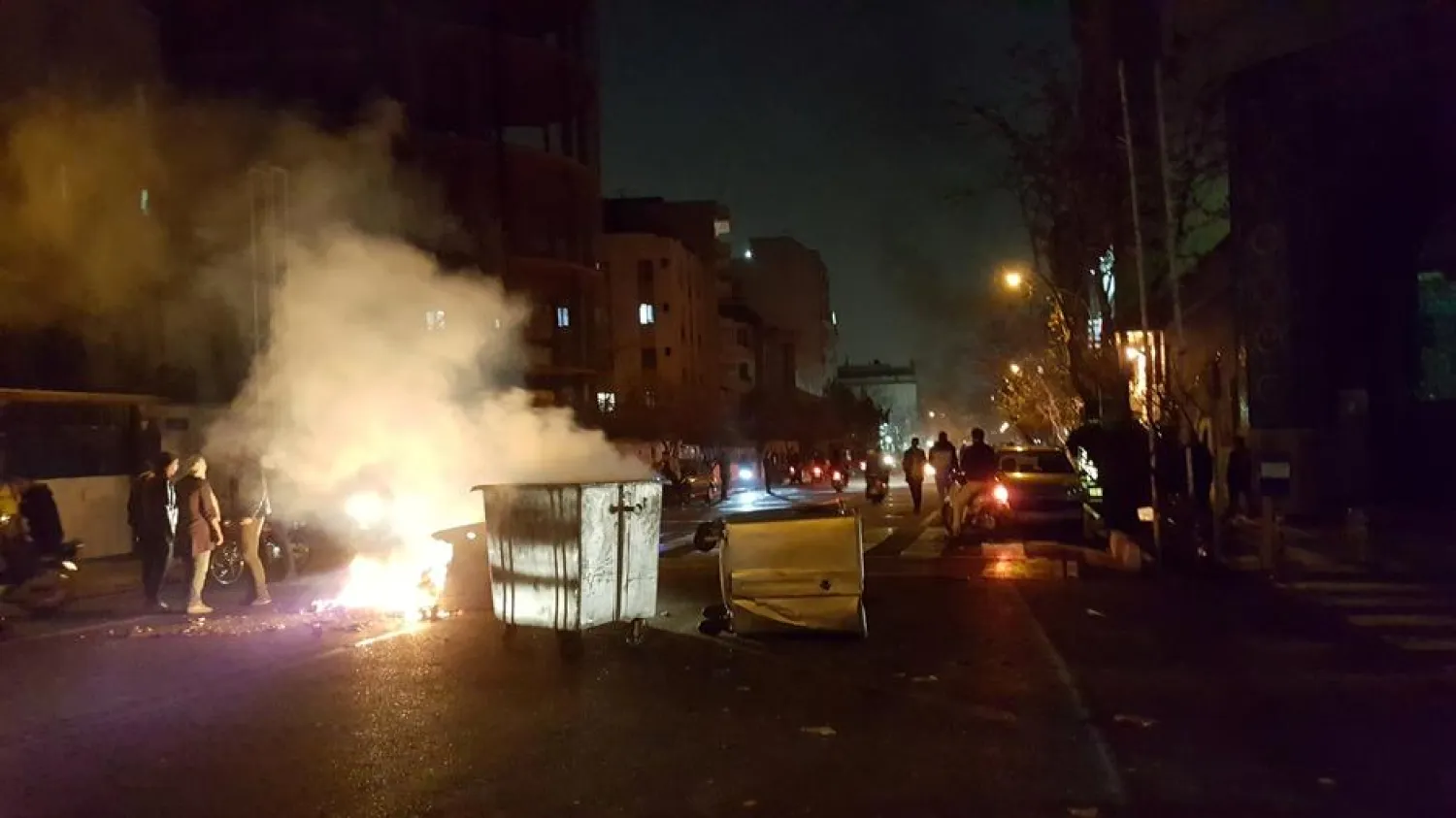Authorities on Wednesday executed an Iranian for killing an elite soldier during anti-government unrest in 2017, Iran’s semi-official ISNA news agency said, drawing condemnation from a rights group.
Mostafa Salehi, one of several men sentenced to death for their roles in anti-government protests in recent months, was convicted of shooting Sajjad Shah-Sanai, a member of the Revolutionary Guards.
His execution was carried out as a retribution sentence demanded by the victim’s parents, ISNA said.
The unrest of late 2017 and early 2018 began as demonstrations against economic hardship that spread across the country, triggering violence that killed 21 people and led to thousands of arrests, according to officials.
The economy is again in freefall, crippled by US sanctions and the coronavirus pandemic, and activists say the death sentences against Salehi and others are aimed at intimidating future protesters. Iran’s clerical rulers have denied this.
“The silence of the international community about the execution of Salehi can be considered a green light for more executions,” said Mahmoud Amiri-Moghaddam, director of the Oslo-based Iran Human Rights group, in a statement.
In July, the judiciary suspended the executions of three other men linked to anti-government protests last November, after the hashtag “Don’t execute” was tweeted millions of times in Iran’s Farsi language by Iranians inside and outside the country.
Salehi was executed in Isfahan “at the request of (Shah-Sanai’s) parents,” ISNA said, quoting a statement from the province’s justice department.
Under Iranian religious law, the family of a victim of murder and some other crimes can demand the death of the guilty party, or commute the sentence in return for financial compensation.
Iranian officials have accused arch-foe the United States and government opponents living in exile of fomenting unrest.
In June, Iran’s judiciary said it had sentenced to death Ruhollah Zam for allegedly fueling the late 2017 riots on social media.
Zam, a Paris-based journalist-turned-activist, was detained in 2019 after apparently being lured to Iraq, according to the Revolutionary Guards.









